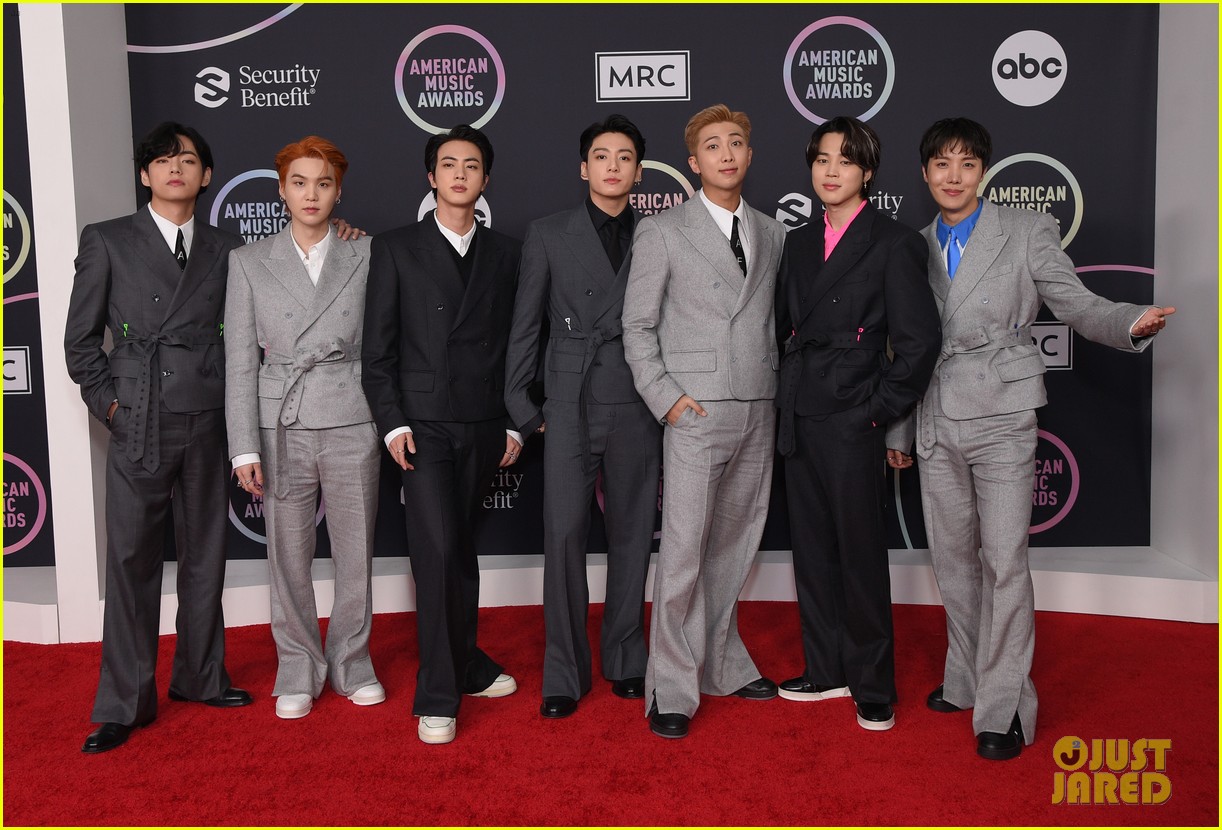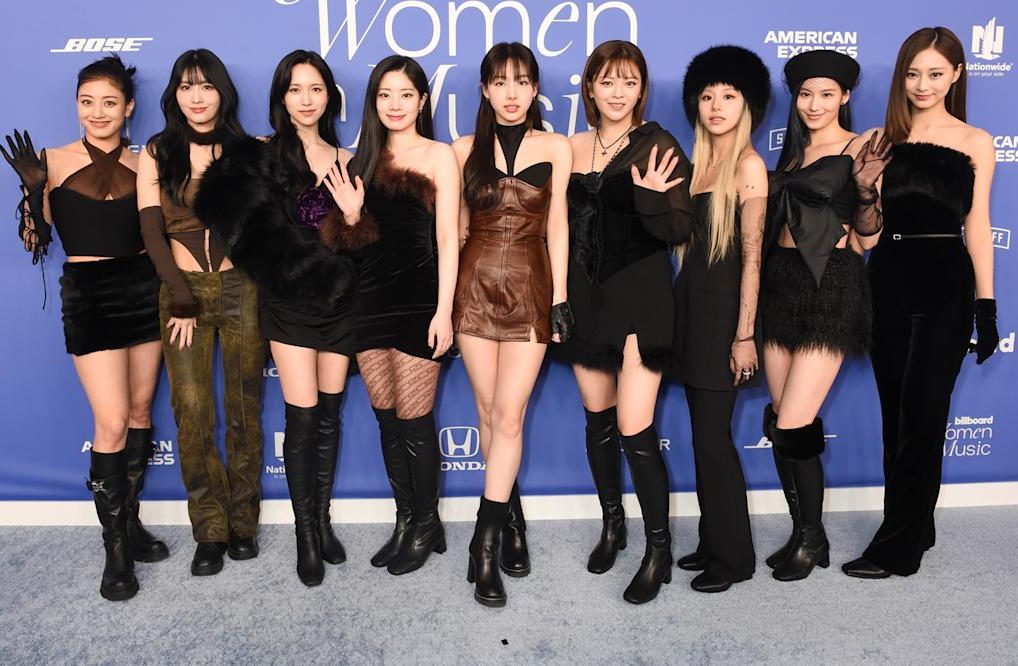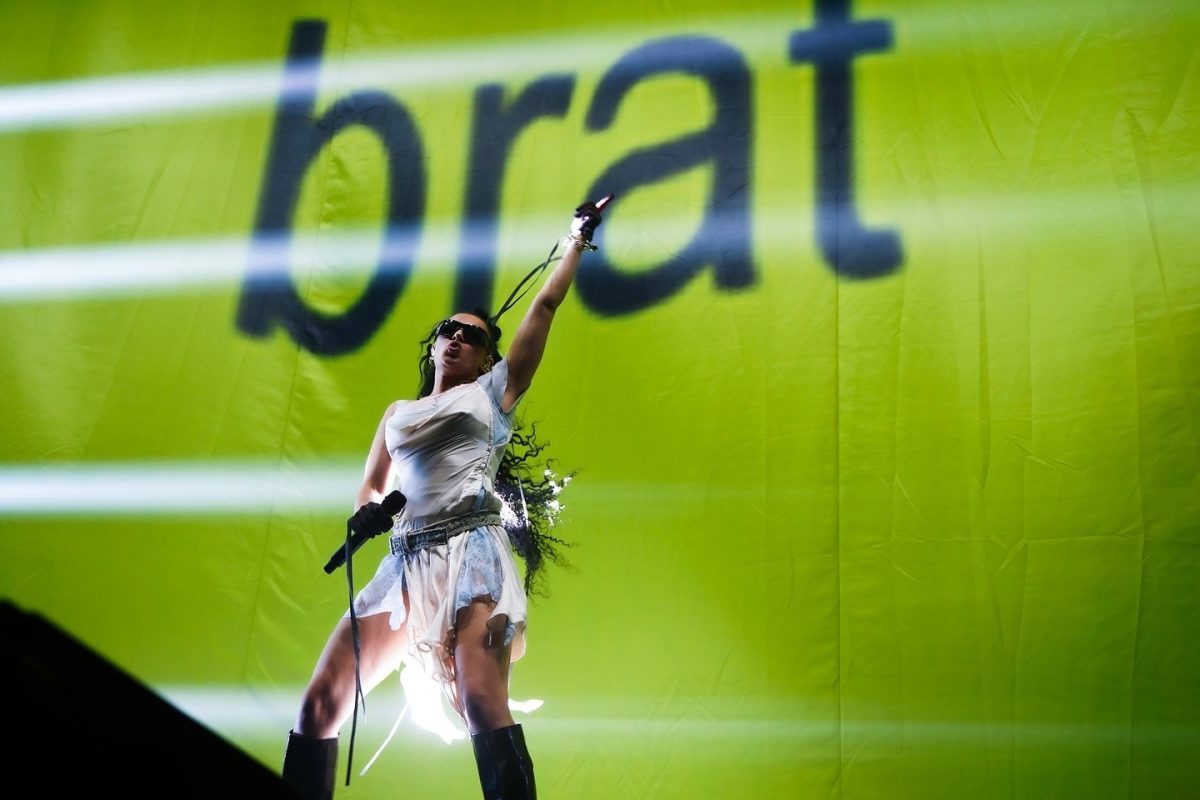Everyone has at least one famous person or group they like to follow. Whether it’s anew movie coming out with your favorite actor starring as the lead protagonist or your favorite musician releasing a new single you just must hear, it’s normal to be interested in the little things when it comes to those you idolize.
However, for some, the little things just aren’t enough. They have to know every single detail, which is where things start to become parasocial rather than plain old idolization.
In some areas of the world, parasocial tendencies are considered the norm and I cannot understand how delusional some of those individuals are, not to mention how dangerous it can get for those idols. This is especially evident in K-pop culture.
It seems like it’s indoctrinated and instilled within the idols as well, but rather than blame the idols for their behavior, it’s on the K-pop companies for exploiting their idols in a way that can put them at significant risk with their so called “fans.”
K-Pop: What it is, and why it’s on the rise
Korean pop music, infamously known as “K-pop” is a music genre popularized from Korea. K-pop is vastly known for its music groups often divided amongst genders with there being girl and guy groups.
You can lightly compare K-pop groups to western groups such as One Direction and Little Mix but also contrast the two as they are very different because of the different roles instilled within K-pop groups.
K-pop Roles as explained with some help from “Kprofiles”
The leader: Frequently the oldest member of the group, however it’s not uncommon for the leader to not be the oldest member. “Sometimes the leader can be the member who was a trainee for the longest period of time out of all the members of the band.” The leader is in charge of the group, taking a sort of leadership position.
The vocalist(s): There is often multiple vocalists within each group often put into three different tiers based off vocal skill. From the order of the most skilled to least skilled there is the main vocalist, the lead vocalist, and the sub vocalist.
The Rapper(s): Like the vocalists, there are often multiple rappers within a K-pop group, so they are often filtered into tiers. Similar to the vocalist’s order, there’s the main rapper, the lead rapper, and the sub rapper.
The Dancer(s): Those in the group that specialize in dancing. There is commonly the main dancer who has the most skill with dancing and the lead dancer who is the second-best skilled dancer within the group.
The Visual: This position is given to the most attractive member in the group. The fact that this is even a position shows how shallow it is.
Influence Overseas
K-pop has had more of an international wave this past decade with many of its groups gaining international popularity.
 Since the year of 2018, K-pop streams on the world’s largest streaming platform, Spotify,have gone up by a whopping 362% globally speaking and 182% in the United States alone, according to Korea Times.
Since the year of 2018, K-pop streams on the world’s largest streaming platform, Spotify,have gone up by a whopping 362% globally speaking and 182% in the United States alone, according to Korea Times.
With K-pop on the rise, it has been a global force amongst other music genres. K-pop groups BTS and TWICE are great examples of K-pop groups that have gained international popularity with both groups being represented within different western award ceremonies.
TWICE comes from JYP entertainment and BTS comes from HYBE entertainment, both huge companies within the K-pop world that are responsible for birthing several globally acknowledged groups.
In 2021, BTS was the first K-pop act to win an American Music Award for “Favorite Duo or Group” as well as the first Asian act to win an American Music Award for in their case, Artists of the year.
 TWICE had quite the success within the Billboard Women in Music Awards with the girl group winning the “Breakthrough Artists of the Year” in 2023.
TWICE had quite the success within the Billboard Women in Music Awards with the girl group winning the “Breakthrough Artists of the Year” in 2023.
Idol image
The term idol image came to be from idols having to keep up their appearances almost constantly with them being in the public eye.
Both BTS and TWICE are routinely posted in the photographs provided above; they are trained.
However, it’s not just about aesthetics with idol image also representing how they must act within the public eye, whether it’s on a variety show or on a fan call, and it’s often orchestrated as they are hot-wired to withhold a certain image.
Some of the rules the idols have to obey are quite excessive dabbling in their personal lives.
“Style” reported that: “JYP entertainment has a strict three-year dating ban on new idols dating, trainees are forbidden from using their phones or meeting members of the opposite sex, and TWICE’s Momo was once ordered to lose 7kg (15 lbs) in a week.”
K-pop idols are not born perfect as no one truly is, but throughout the rigorous training processes they must go through in order to become an idol, they are worked to the bone to build that perfect image with it often extending beyond training as they are expected to maintain it but not just from the companies but also from the fans.
Should Everything Be for the Fans?
It’s common courtesy for any artist to interact with their supporters.
In the K-pop industry its almost life or death with how important the fans are with their endless support towards their favorite idols.
But with some of those fans, it seems like there’s a fine line between endless support and unhealthy obsession, often turning into something parasocial.
As defined by “Psychology Today:” “Parasocial relationships refer to one-sided relationships in which a person develops a strong sense of connection, intimacy, or familiarity with someone they don’t know, most often celebrities or media personalities. These relationships exist only in the mind of the individual, who experiences a bond despite the lack of reciprocity.”
There are some healthy parasocial tendencies and unhealthy parasocial tendencies.
An example of a healthy parasocial relationship is looking up to your favorite idol, finding inspiration.
An example of unhealthy parasocial tendencies is wanting to pursue a relationship with your favorite idol even though you have had barely any, if not, no interaction with them personally.
There are multiple platforms catering to the fans, often adding fuel to the fire towards those parasocial tendencies, both healthy and unhealthy.
According to Hercampus,“There are a few other platforms and events that K-pop idols will use in order to do so, such as VLive, fan meetings, Weverse, mention parties, Dear U Bubble, etc. All of these allow for direct communication between idols and fans for bonds to be made, and it is the first stage of parasocial relationships.”
One local casual K-pop listener who chose to stay anonymous has used the app Bubble in the past to interact with their favorite idols.
“It seems like there’s a level of delusion that some fans have with the idols with those sorts of apps setting it up like a casual conversation over text giving it a sort of personal vibe — like when chatting with a friend for example, except in this case for some, it’s more than friendly, some people legit think they have a sort of chance with them,” they said.
“I went into the K-pop community with good intentions and still have those good intentions. It baffles me that some will go as far as to stalk and potentially endanger idols just so they can have any sort of interaction with them, even if it’s waiting outside their terminal after getting back from a long flight.”
Sasaengs Need to Touch Grass
JYP entertainment stated that one fan went even farther to the point of endangering TWICE member Nayeon with her having to get protection from a delusional German fan in 2020.
In a report on Allkop it was explained: “On January 1 on board a returning flight from Japan to South Korea, a foreign stalker of TWICE member Nayeon also came on board, causing a major disturbance by attempting to approach her multiple times. We were able to respond immediately to the situation and the artist herself did not suffer from any harm, but she is currently expressing significant feelings of discomfort and anxiety.
“Currently, Nayeon is under police protection due to this incident; while we warned this stalker numerous times through police to halt his actions, the stalker ignored our warnings and even attempted proceed with his approach through force and by raising their voice, continuing the problematic behavior more severely.”
Nayeon posted this Instagram story taken out of fear on the plane on TWICE’s Instagram account. The post translates to “Please stop.” “Please go home.” “I beg of you.”
That is an example of a sasaeng interaction, the most extreme level of parasocial relations put in K-pop terms.
Defined by Her campus, “A sasaeng is an extreme fan who stalks and invades the privacy of a Korean celebrity. The word comes from the two Korean words “sa” and “saeng” meaning private life, used to describe the intrusion and unacceptable behavior these people are exhibiting.”
This stalker had been pursuing his obsession with Nayeon months before the incident with many concerning YouTube posts under the account name Josh1994. His delusions took him all the way to South Korea as he was under the impression that they were in love, even though he had never met her, a prime example of an unhealthy parasocial relationship.
He frequented places where Nayeon had been at from the help of V-lives and social media posts from the idol and had it plastered on the internet on his YouTube channel.
Something should have been done from that first video uploaded by the German stalker, but unfortunately, that sort of behavior is brushed off of the company’s shoulders until it gets to the point where it’s too late with Nayeon and other TWICE members getting put into a potentially dangerous situation.
Unfortunately, Nayeon isn’t the only idol to have dealt with those out-of-pocket interactions with so-called fans.
The normalization behind parasocial tendencies needs to be looked into more within the K-pop universe as it’s been an ongoing issue for many years.
The overall mistreatment of idols is normalized from not only the fans but also by the companies blatantly exploiting their employees in a way where it risks their safety and well-being.
Idols should have every right to their own privacy without having crazy fans invading their every move.







